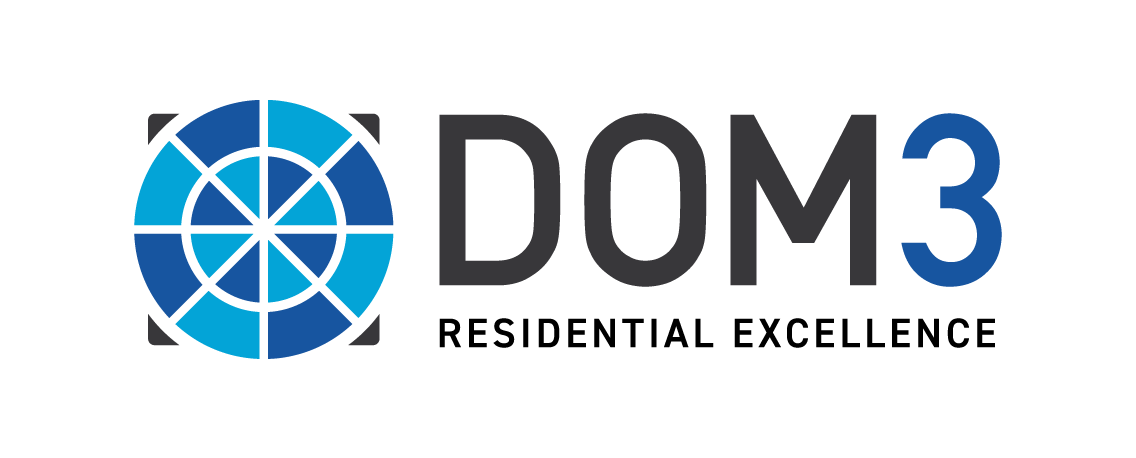Álvarez-Pallete: “The first Parliament to recognise personal data as an inalienable right will have changed the rules of the game”
The former Executive Chairman of Telefónica S.A. analyses the technological changes that will shape the future in a conference organised by DOM3.
Personal data has become the new capital of the digital economy. This was one of the key conclusions shared by José María Álvarez-Pallete, former Executive Chairman of Telefónica S.A., during a keynote conference organised by the association DOM3. In this event, the economist shared with high-end real estate entrepreneurs his perspective on the profound technological, social and economic changes that are already shaping the present and will define the near future of society and business.
Álvarez-Pallete advocated for citizens to be compensated for the use of their personal information, stating that “the value of the data generated by a family of four can range between $26,000 and $40,000 per year. And yet, we are giving it away for free. This is the largest shadow economy in the world,” he warned.
During his address, he emphasised that personal data has become a new factor of production, comparable to capital or labour, and reiterated that individuals must be remunerated for its use. “The first Parliament in the world to recognise data as an inalienable right of the individual, and therefore not subject to expropriation without compensation, will have changed the rules of the game,” the expert stated.
The event, sponsored by ALUMILUX lumilux.es/(Main Sponsor), Normarq, Bilba and associated companies Aalto Exclusive Design, Manuel Burgos Arquitectos and Grupo Polo, brought together more than 60 professionals from the Golden Triangle. The session explored key issues such as artificial intelligence, digital sovereignty, technological regulation, the future of employment, cybersecurity and Europe’s role in the emerging global order.
In his analysis, Álvarez-Pallete highlighted the alarming rise of the data shadow economy and called for greater public awareness of the importance of protecting privacy. “All our behaviours will become tokenised. And if we are the ones generating that data, we must be paid for it,” he insisted.
The former Telefónica executive also addressed the rise of new global players, the dominance of large tech platforms, the regulatory gap, and the environmental cost of excessive resource consumption by generative AI. “There are six companies consuming more than 50% of the world’s network capacity. This is unsustainable from both an energy and environmental perspective,” he warned.
He further stressed the importance of digital skills development and fostering a critical mindset towards technological progress: “This is not the age of technology, it is the age of philosophy and sociology – a time to reflect on which decisions we still want to make as humans, and which we are willing to delegate to machines.”
Álvarez-Pallete noted that we are at a pivotal moment for redefining the social contract: “This is the first generation in Spain where there is no guarantee that children will live better than their parents. Technology is evolving faster than our social structures, and we must decide how we want to organise ourselves as a society.” He also defended Europe’s strategic role as guardian of digital rights: “The European GDPR has already become an international standard. Europe is the only global actor truly capable of leading the ethical and regulatory debate in this new landscape.”
Attendees had the opportunity to interact with Álvarez-Pallete in an open and participative format, raising questions about cybersecurity, opportunities for SMEs, digital training, and the application of AI in sectors such as architecture, design and real estate development. The speaker highlighted Spain’s leadership in telecommunications infrastructure and encouraged the business community to harness this advantage to become a benchmark in innovation and digital transformation. “Spain has one of the best telecommunications networks in the world, and this is the first technological revolution for which we are truly prepared,” he remarked.
This conference is part of DOM3’s annual event calendar, a series which has previously featured prominent figures such as Daniela Luque, widely regarded as the most influential Spanish-speaking LinkedIn Top Voice, and Maribel García, a mentor in personal and professional transformation. The association is also preparing a forthcoming Real Estate Forum to examine the impact of the high-end housing sector in the Golden Triangle and future growth projections.











































